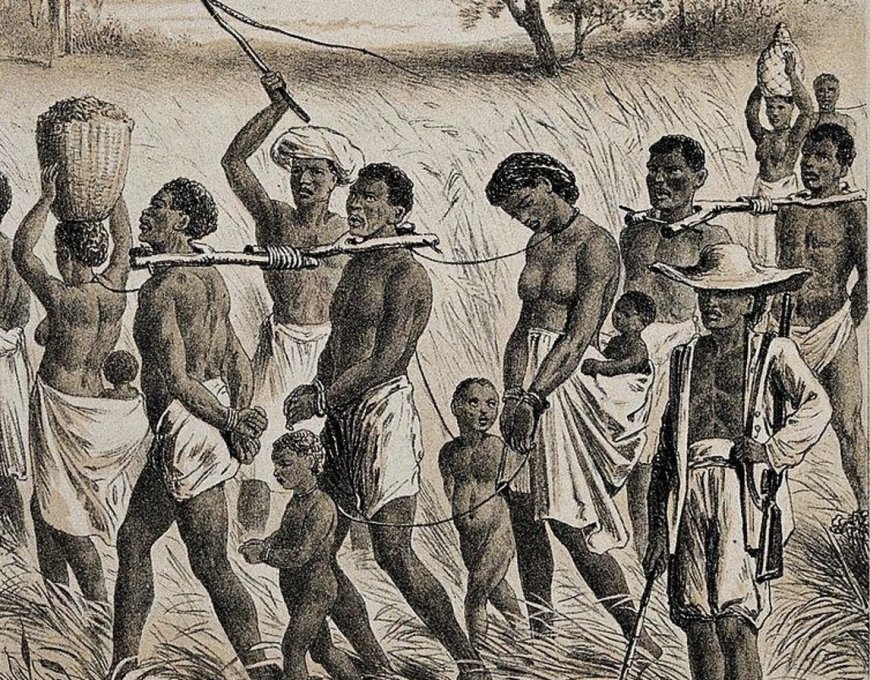Jamaica’s History and Independence: A Journey Through Time
Jamaica, a vibrant island in the Caribbean, is renowned for its stunning landscapes, water bodies, rich culture and significant historical milestones. Understanding its journey to Independence and the events that shaped its society is crucial for appreciating Jamaica's identity today. This article will delve into Jamaica’s history and its path to independence.

Early History and Indigenous People
Before European contact, Jamaica was inhabited by the Taino and Arawak people, who thrived on the island's natural resources. These indigenous groups engaged in agriculture, fishing and trade, cultivating crops like cassava and maize. Their culture was rich in traditions, music and art, which laid the foundation for Jamaica’s cultural heritage.
European Colonization
In 1494, Christopher Columbus arrived on Jamaica's shores, claiming the island for Spain. This marked the beginning of European colonization, which drastically altered the island's demographics and culture. The Spanish enslaved the indigenous population, leading to a severe decline in their numbers. By the mid 17th century, the British seized control of Jamaica, and it became a vital sugar-producing colony, relying heavily on enslaved African labor.
The Fight for Freedom
The struggle for freedom began to gain momentum in the 19th century. Enslaved Africans resisted their oppression through various means, including revolts and petitions. The most notable uprising was the 1831 Baptist War, led by Samuel Sharpe, which ultimately played a significant role in the abolition of slavery in 1834. Jamaica's emancipation was a pivotal moment in its history, fostering a sense of national identity and resilience among its people.
Path to Independence
Following World War II, the push for independence gained strength. Political movements emerged, advocating for self-governance and the end of colonial rule. In 1944, Jamaica held its first general elections under universal suffrage, marking a significant step towards independence.
Jamaica achieved full independence from Britain on August 6, 1962, becoming a sovereign nation. This momentous occasion was celebrated as a testament to the strength and determination of the Jamaican people. The island adopted its national anthem, "Jamaica, Land We Love" and a new flag, symbolizing its newfound freedom.
Modern Jamaica
Today, Jamaica is recognized for its contributions to global culture, especially in music and sports. It is the birthplace of reggae & dancehall music, with legends like Bob Marley, Vybz Kartel , Sean Paul & Shaggy. The island is also a household name in Athletics, with athletes such as, Usain Bolt, Shelly-Ann Fraser-Pryce and more bringing Jamaica’s culture to the world stage. The island's vibrant communities continue to celebrate their rich heritage, making it a unique destination for visitors and continuing to propel the Island in Tourism.








